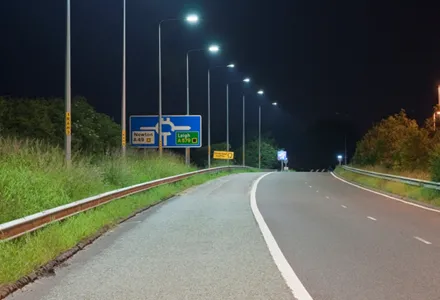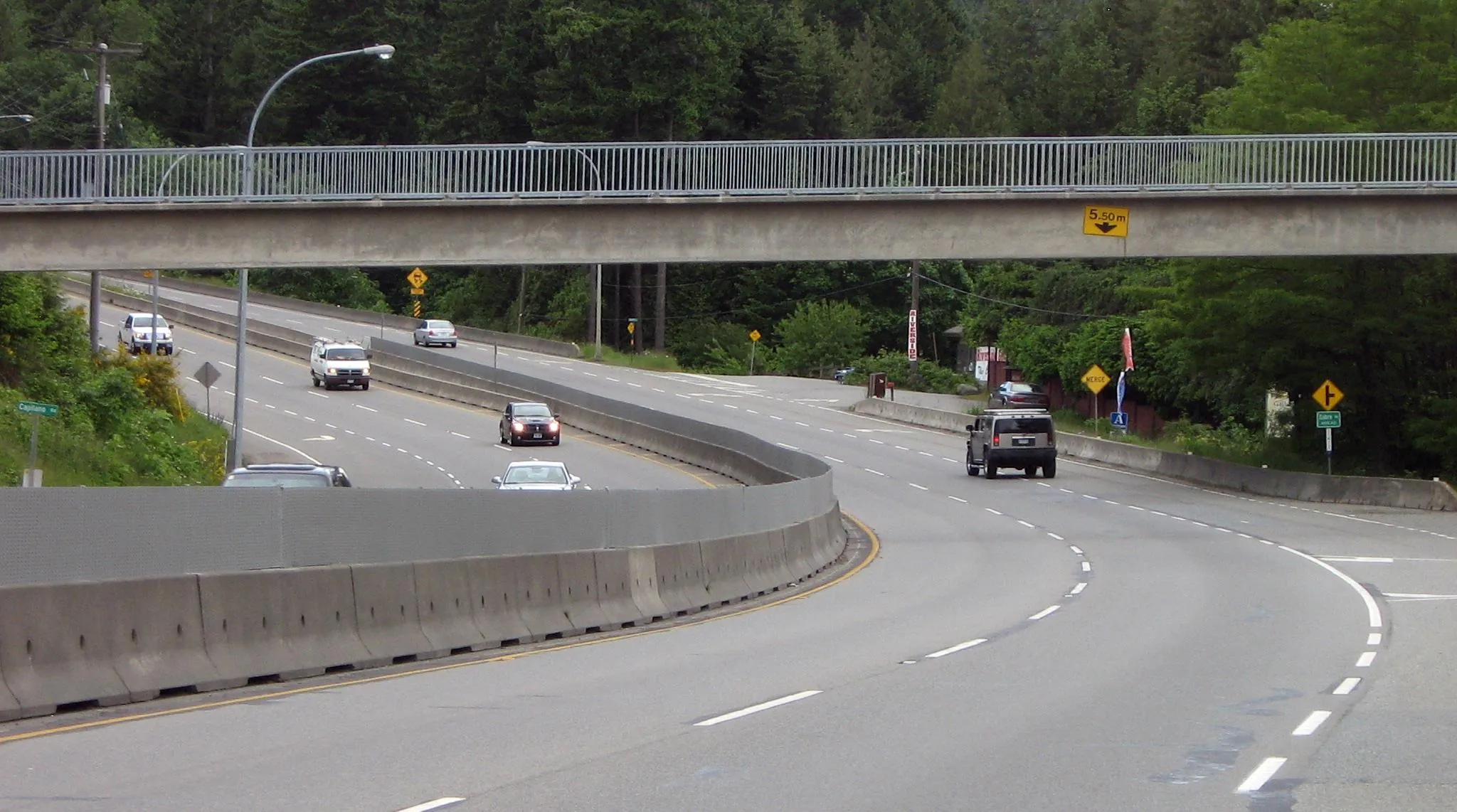Philips is improving road safety and visibility at Junction 22 of the M6 motorway in the UK with energy efficient, low maintenance LED lighting. Royal Philips Electronics worked in collaboration with the UK Highways Agency and highway management contractor A-One+ to commission energy efficient LED lighting. This produces a high quality white light, uses less electricity and has a long life time, reducing the running costs and maintenance costs. AOne+ required a solution that would help the Highways Agency r
February 15, 2012
Read time: 2 mins

RSS2368 Philips is improving road safety and visibility at Junction 22 of the M6 motorway in the UK with energy efficient, low maintenance LED lighting. Royal Philips Electronics worked in collaboration with the 1441 UK Highways Agency and highway management contractor A-One+ to commission energy efficient LED lighting. This produces a high quality white light, uses less electricity and has a long life time, reducing the running costs and maintenance costs. AOne+ required a solution that would help the Highways Agency reduce energy consumption. The carbon neutral design and energy efficient performance allows the SpeedStar product to deliver an effective solution, while adhering to lighting standards. The SpeedStar also offered the low maintenance needs due to the luminaire's long lifetime of 60,000 hours. SpeedStar's long life time will help reduce operational costs and improve traffic planning to avoid disruption to road users. According to Philips SpeedStar is designed to provide a high quality white LED light which has the potential to reduce accidents. Improved visibility is a major contributor to road safety as it enables drivers to detect movement faster and at a greater distance, giving them more time to stop. And because white light is brighter than yellow, it is possible to reduce light output without compromising quality and making energy savings. Philips says that its SpeedStar luminaire gives a uniform light distribution with a smooth transition from primary to secondary areas. Using LEDGINE technology, it is upgradeable and can provide further energy savings through its compatibility with most lighting controls.








